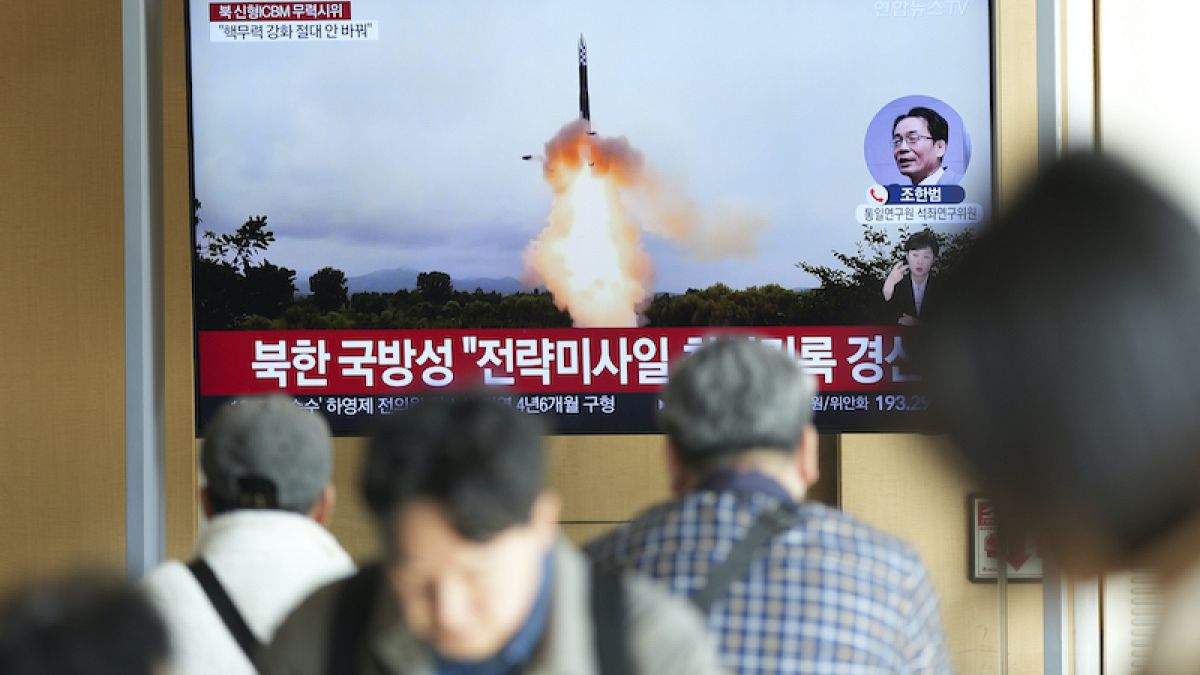North Korea’s recent test of an intercontinental ballistic missile has raised concerns globally, coming just days before the US presidential election. The missile reportedly flew for 86 minutes, setting a new record for the country, before falling into waters off the east coast. North Korean leader Kim Jong-un warned of taking military action in response to perceived threats and reaffirmed the country’s commitment to bolstering its nuclear forces.
The launch of the ICBM violated UN Security Council resolutions and further escalated tensions on the Korean peninsula. North Korea had recently severed remaining connecting roads with South Korea, indicating a deteriorating relationship between the two countries. South Korea had earlier warned of a potential missile launch, which was seen as an attempt to attract international attention. The White House condemned North Korea’s actions, accusing the country of prioritizing its weapons programs over the well-being of its people.
There are growing concerns that North Korea may be seeking support from Russia to enhance its nuclear capabilities. Reports suggest that Russia has deployed troops near the Ukrainian border, including to the Kursk region, to confront the Ukrainian army. The US Pentagon estimates that around 10,000 soldiers have been sent to Eastern Russia, with more expected to follow. Both North Korea and Russia have not confirmed these allegations, but the increased military presence has raised alarm bells.
In response to the missile launch, South Korea and the US have vowed to take strong measures, including imposing fresh sanctions on North Korea. The international community remains on high alert as North Korea’s provocative actions continue to escalate tensions in the region. The missile launch comes at a time of heightened uncertainty, with the US election adding another layer of complexity to the volatile situation. The US and its allies are closely monitoring developments and are prepared to respond decisively to any further provocations from North Korea.
The prolonged flight time of the ICBM has raised concerns about the country’s technological advancements and its ability to develop more sophisticated weapons. Experts warn that the missile could potentially carry a large warhead, marking a significant increase in North Korea’s military capabilities. The launch underscores the need for continued vigilance and cooperation among countries in addressing the growing threat posed by North Korea’s nuclear ambitions. The international community must work together to prevent further escalation and ensure peace and stability in the region.
As tensions continue to rise, diplomatic efforts must be intensified to address the underlying issues driving North Korea’s aggressive behavior. Dialogue and engagement remain crucial in finding a peaceful resolution to the conflict and preventing a full-blown crisis. The world must remain united in its efforts to denuclearize the Korean peninsula and promote regional security. By working together, countries can effectively address the challenges posed by North Korea’s provocative actions and pave the way for a more peaceful and stable future for the region.































